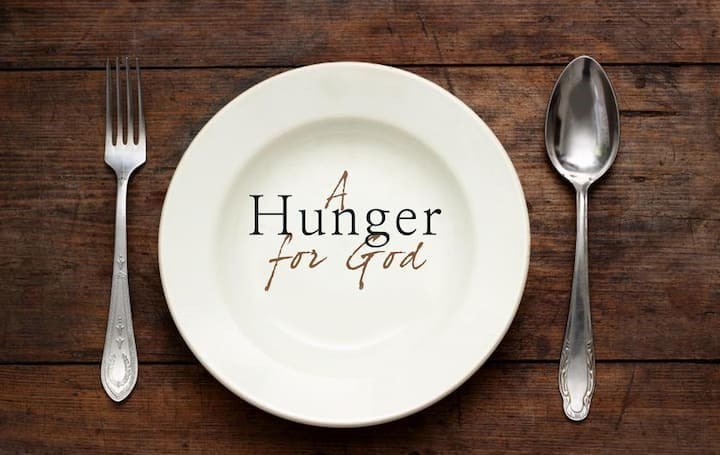
“I know how to live on almost nothing or with everything. I have learned the secret of living in every situation, whether it is with a full stomach or empty, with plenty or little.” — Philippians 4:12 (NLT)
In modern America, many of us have never had to learn to live on an empty stomach. Food is readily available, and we’re often surrounded by convenience and comfort. That makes Paul’s words in Philippians all the more striking. He didn’t just survive hardship—he learned how to be content in it. Whether his stomach was full or empty, his heart rested in something deeper than his circumstances.
That’s one reason fasting can be so meaningful for us today. It gives us a way to practice living with less, to deny the constant demands of our cravings and listen more closely for the voice of the Holy Spirit. Fasting helps us reorient our lives around God instead of our appetites—whether physical, emotional, or digital.
The Bible speaks of fasting not as a way to earn God’s favor, but as a way to open ourselves to His grace. When we go without, we make room for Him. If fasting from food isn’t wise for you—especially if you struggle with eating issues—you can fast in other ways. Give up social media for a time. Step away from your phone. Choose something your flesh leans on and practice saying “no” so your soul can say “yes” to God.
Prayer: Father, teach me the secret of contentment. Whether I have little or much, help me to depend on You. Show me how to fast in a way that opens my heart to Your grace, and shape me into someone who trusts You more deeply. Amen.
